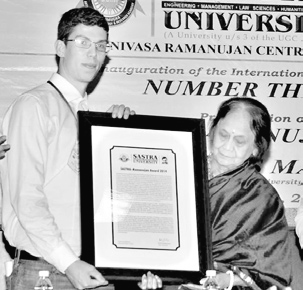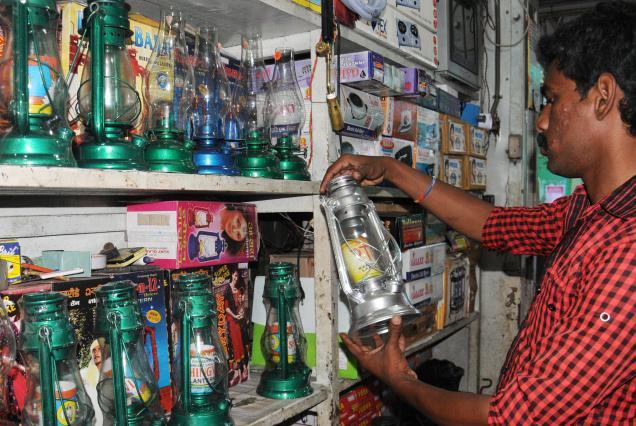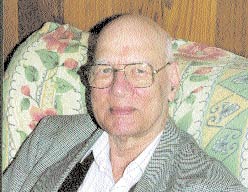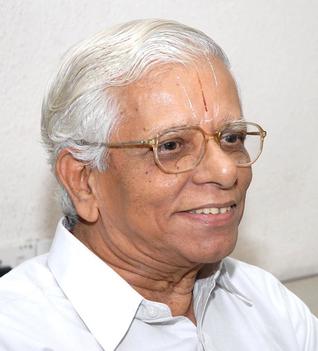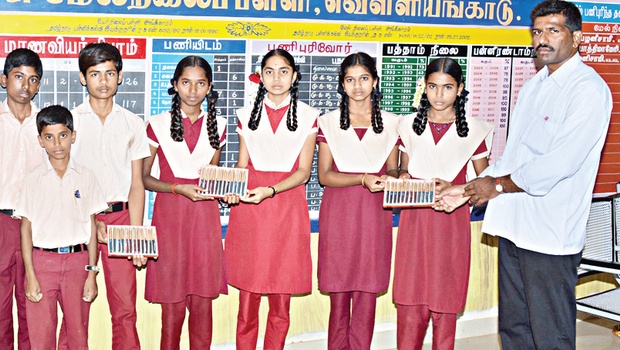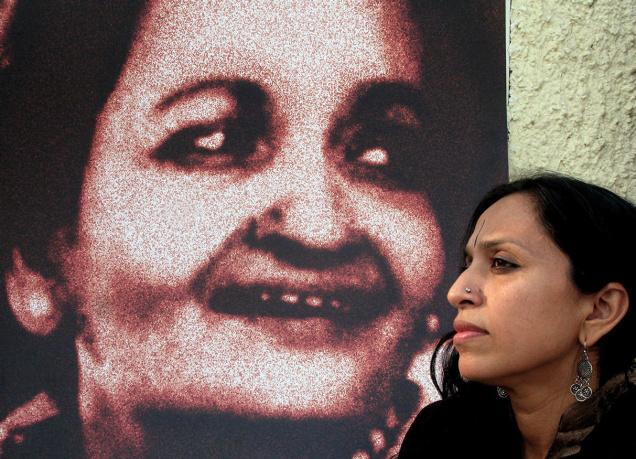Chennai :
Have you ever had the misfortune of visiting the Chennai Corporation-administered crematoriums in the city?
Even if you had, you or grieving people neck-deep in their own worries and tragedy, may not have had time to notice the ‘funeral assistants’ soaked in all-pervasive soot and smell at the place you want to exit in a hurry.
Ganesan* and at least 37 others like him have made cremation their profession, for a paltry remuneration. “Our post has no specific name, and our salary ranges from 1,500 to 2,500 a month,” he says, rushing to add that for the past nine months even that salary has not been paid.
“It’s all the Madurai-based contractor’s attitude. While Chennai corporation pays 600 per body cremated here, the contractor pockets it leaving nothing for us. At best of times we used to receive salary once in only two-three months, now we have gone without salary for nine months,” Ganesan says. His colleagues nod in agreement.
When contacted, senior officials of the corporation said this issue was brought to their notice recently and they will enquire. “These employees are appointed by the contractors and we pay the contractor directly for every cremation. Since we have no arrangements directly with the employees we will look into this and ask the contractors to pay necessary amounts if it has not been paid,” an official said.
“Worse, we have not been given any basic safety gadgets such as mask, gloves, soap or any cleaning agent. Many of us acquire respiratory problems over a period of time. A doctor living nearby gives us masks free of cost, and treats us if we have any complaints,” another attendant said.
“If we make any demand and insist on enhanced or regular payment, we are immediately sent out of job,” he said.
Having heard of Chennai corporation’s Swarna Jayanthi scheme, which had been benefiting scores of sanitary and other workers engaged for daily jobs, they say they too could be roped in, so that they would be paid about 300 to 400 daily. “We have no complaints about the corporation, it is contractor who is standing between us and welfare,” said Ganesan. “Kin of the dead pay sums ranging from 2,000 to even 5,000 on their own volition. From out of the sum, the corporation staff posted here give us 1,500 to be shared by four of us,” an attendant working in Besant Nagar crematorium said.
“It is a difficult life. We need a decent salary and facilities such as masks, gloves, insurance and treatment.They are entitled to minimum wages, better service conditions, gadgets and healthcare. If they come together and fight for their rights, we are ready to initiate legal proceedings against the contractor, said Madras high court lawyer R Y George Williams.
*(Name changed)
source: http://www.timesofindia.indiatimes.com / The Times of India / Home> City> Chennai / TNN / December 16th, 2014
